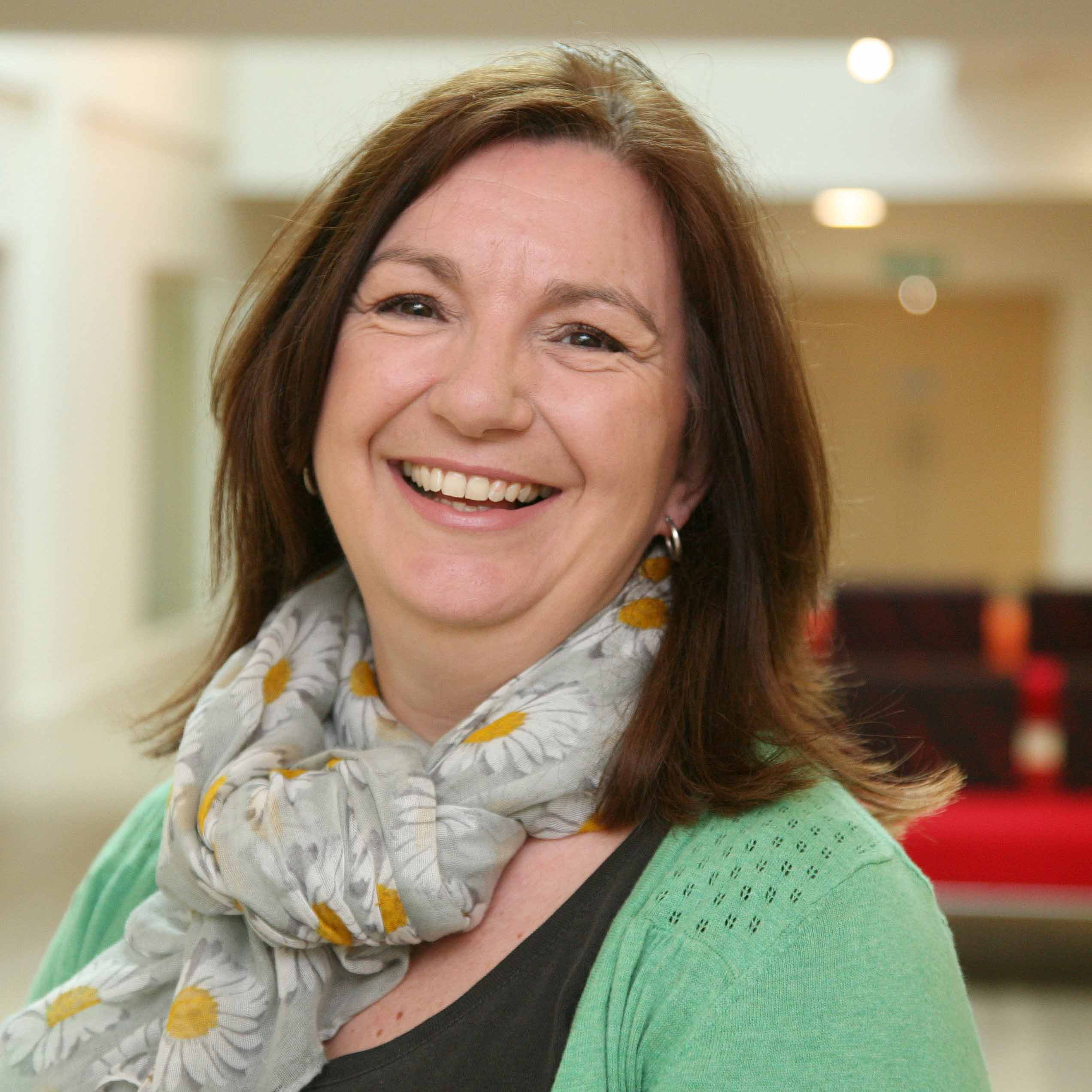Northwest University students reflect on their studies at Essex
We value our strong relationship with Northwest University in China and are proud to deliver a joint four-year degree programme, which was first launched in 2017.
As part of the programme, we have been delighted to welcome some amazingly talented Northwest University students to Essex. Here, three of those students share their experience.
Haocheng Yang
I took part in this joint programme to extend my international perspective, improve my English and also provide me with more opportunities to be admitted to excellent postgraduate programs.
I studied virtually at Essex in my final year. My final report was to design and implement a sandwich vision system for a food assembly robot. Although I was unable to visit Dr Vishuu Mohan's laboratory in person or control the actual robot arm to place ingredients on the bread, Dr Mohan and his PhD student Rodolfo Cuan Urquizo provided me with a lot of help to complete my Capstone project. I am grateful to them and sincerely appreciate their support.
In my final year of study and work with the staff in the School of Computer Science and Electronic Engineering at Essex, I experienced the meticulous care of my personal supervisor. The module supervisors demonstrated a rigorous and responsible approach and provided us with clear feedback on our assignments.
Tianyue Qin
This comprehensive and diverse educational opportunity really appealed to me. The joint program provided the opportunity to study at two different universities and every year we had teachers from the University of Essex coming to teach courses.
Additionally, the joint program also offered us the chance to experience British culture, enabling us to improve our English language skills and develop cross-cultural communication and adaptability.
I also really appreciated the curriculum structure of the joint programme, where each specialised course is enriched with ample laboratory time. These experiments are often interesting and require the application of learned knowledge in a flexible manner to achieve higher scores. This setup not only provides us with opportunities for innovative research but also exposes us to various academic approaches.
This joint programme ignited a strong passion of mine for studying electronic system engineering. I was very keen to take this opportunity to expand my knowledge and develop personally and professionally.
The project I worked on was to develop a robotic simulation system for lettuce transplantation work. Unlike conventional grasping tasks, this project’s action requires the same level of millimetre precision for both picking and placing, to ensure accurate transplantation of lettuce seedlings into new floating devices.
I implemented a simulation of a robotic arm. Dr Vishuu Mohan and his research student Roberto Mendivil Castro helped me implement the realistic robot transplant movement in the Essex lab. I would like to give a huge thanks to them, without their enthusiastic help and guidance I could not have done this project on my own.
Our classes took place both on-campus and online. This means I participated in my Essex lecturers in real-time through Zoom, and the laboratories provided by NWU also supported us in completing the experimental requirements. This arrangement allowed me to experience the unique advantages of teaching at the University of Essex to the fullest extent possible. Even though I am not physically studying in the UK, I’m glad that my experience has been exactly the same as students in Essex.
Lurui Xie
I wanted to take part in the joint programme as I really like electronic system engineering and the programme allowed me to experience different educational methods in two countries and broaden my horizons and the English language lectures and assessments helped me improve my professional English skills.
My final project - The ever-changing Pepper assistive robot, combined with ChatGPT and the Internet of Things - aims to relieve pressure on the UK healthcare system through the development of RAS (robotics and autonomous systems) technology. This project had two parts; it enabled lights to be controlled through voice commands to Pepper and in terms of personalised care, Pepper offered various functionalities such as entertainment, changing voice, face and emotion recognition, email assistance, chat robot, and navigation.
This programme has been a wonderful and unforgettable experience. I have met a lot of really good teachers and made a lot of very good friends. The labs and teaching environment are excellent, and I have really learnt a lot of new things. The Colchester Campus is also very beautiful and my favourite thing to do outside of school has been walking in the woods and watching all the different animals by the lake.
